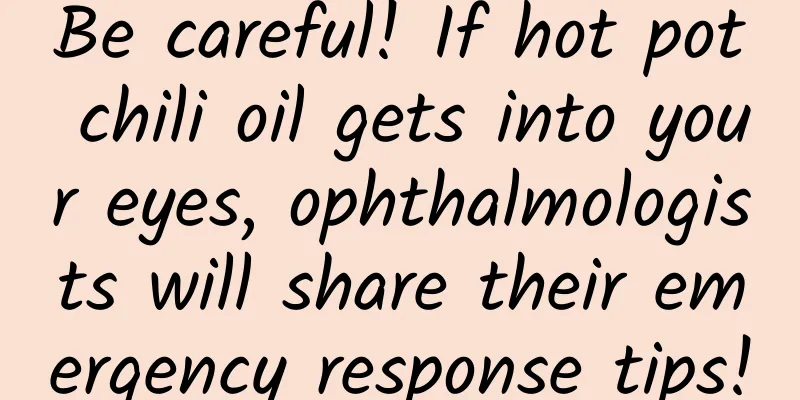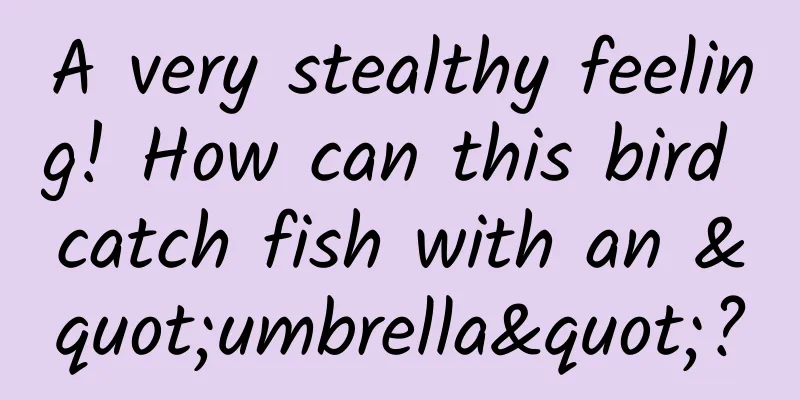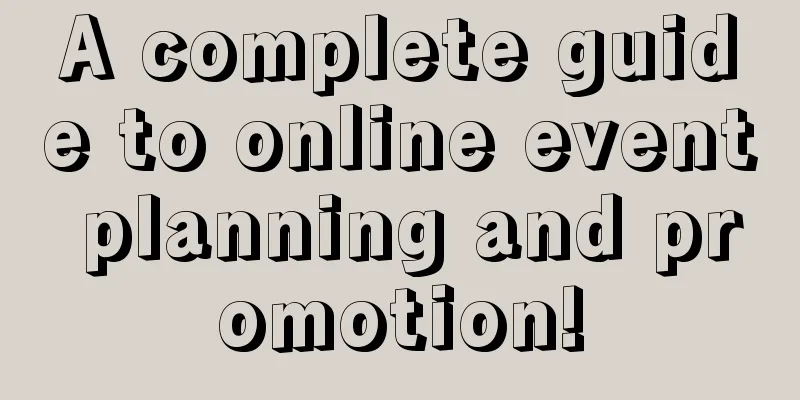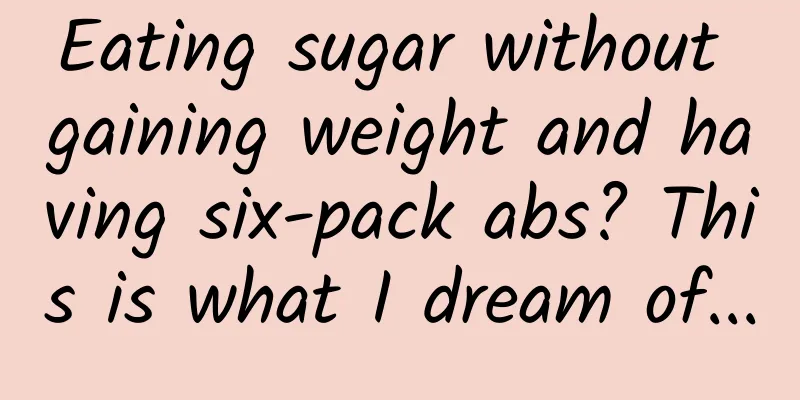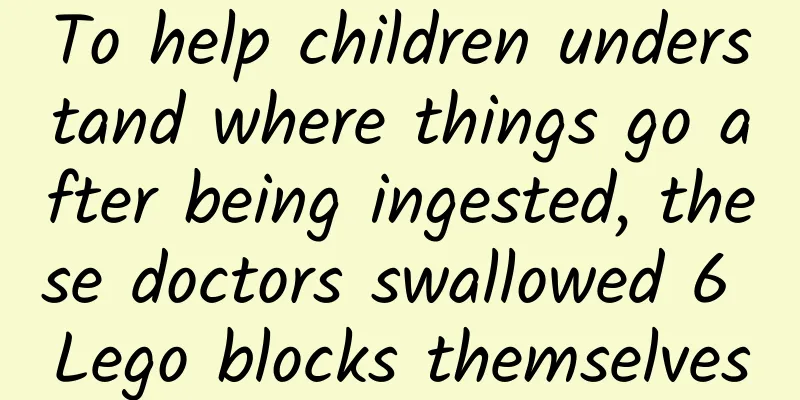An octogenarian is restricted from going to the hospital due to salt restriction in order to control high blood pressure? Is it true that lighter food is not better?
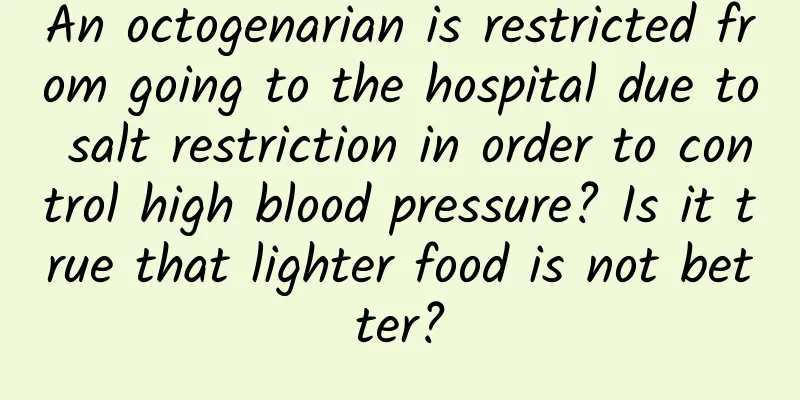
|
Salt is very important to the human body, and acute hyponatremia can be life-threatening. For the sake of health, not eating salt, meat, eggs, and milk is an overreaction and may cause a variety of diseases. Recently, the media reported that an 82-year-old man in Changzhou, Jiangsu Province, almost did not add salt when cooking in order to control high blood pressure. After a period of time, he developed symptoms such as fatigue and drowsiness. After examination by a doctor, he was diagnosed with hyponatremia and needed to be hospitalized immediately. Whenever I see such news, I always feel heartbroken, because such patients are not uncommon in clinical practice. They are often a group of people who pay special attention to their own health, are particularly self-disciplined, and like to listen to health lectures, making you feel embarrassed to criticize them. After reading this news, some people may ask, if people with high blood pressure must limit their salt intake, will they still get sick if they eat less salt? Is salt so important to the human body? What exactly is hyponatremia? 1. Salt is very important to the human body and you can’t just choose not to eat it The main component of table salt is sodium chloride. Chloride ions and sodium ions are both essential ions for the human body. They are essential in the heart, brain, muscles and even every cell in the body. The total amount of sodium ions contained in an adult's body is about 60 grams, of which about 80% exists in the extracellular fluid, that is, in the plasma and intercellular fluid. Of the total amount of cations in the extracellular fluid, sodium ions account for more than 90%, and of the total amount of anions, chloride ions account for about 70%. Therefore, table salt plays an important role in maintaining osmotic pressure and participates in the regulation of acid-base balance in the body. Chloride ions are also involved in the production of gastric acid. The human body generally needs 3-5 grams of salt per person per day. Due to different living habits and tastes, people's actual salt intake varies greatly from person to person and from place to place. In my country, the average person eats about 10-15 grams of salt per day, which will increase blood pressure and make it difficult to control for patients with hypertension. Therefore, the World Health Organization and my country's National Health Commission both recommend that patients with hypertension should limit their salt intake, preferably no more than 5 grams per person per day. 2. Acute hyponatremia can be life-threatening The body's sodium intake and excretion should be in a balanced state. If the sodium intake is too little or the excretion is too much, blood tests are done to measure the serum sodium concentration. The main symptoms of hyponatremia are weakness, nausea and vomiting, headache and drowsiness, muscle cramps, neuropsychiatric symptoms and reversible ataxia. The severity of the clinical manifestations depends on the rate of decrease in blood sodium: If it is acute hyponatremia (hyponatremia occurs within 48 hours), the patient is in great danger and may soon develop convulsions, coma, respiratory arrest or death, which may lead to permanent neurological damage. Chronic hyponatremia is at risk of osmotic demyelination, which is more likely to occur when correcting hyponatremia or replenishing sodium too quickly, so high vigilance should be exercised. In addition to brain cell edema and intracranial hypertension, patients may experience significant hypotension, weak pulse or circulatory failure due to reduced blood volume caused by low sodium, as well as signs of dehydration. However, patients with hyponatremia with normal overall sodium levels do not have clinical manifestations of cerebral edema. 3. Not eating salt for health is an overreaction. A salt-restricted diet requires attention to sodium deficiency. It is good for the elderly to pay attention to their health, but if they have a distorted understanding and are very self-disciplined, they may go too far. Just like the elderly man reported by the media, he has a very strict daily diet and believes that low salt means no salt. This can easily cause hyponatremia and electrolyte imbalance. Patients who are taking diuretics should also pay attention. Since diuretics are the first-line treatment for lowering blood pressure (especially in my country where salt intake is too high), and lowering blood pressure requires long-term drug treatment, they should regularly test blood sodium concentration to avoid hyponatremia. Patients who take diuretics for a long time due to heart failure and other diseases should also pay attention. In clinical practice, commonly used diuretics include furosemide, bumetanide, hydrochlorothiazide, spironolactone, indapamide, amiloride, etc. In addition to taking medicine, patients with hypertension should also pay attention to fatigue, tiredness, nausea, loss of appetite and other discomforts during their daily salt-restricted diet. If the above symptoms occur, it is recommended to go to the hospital for examination. During a long-term salt-restricted diet, it is recommended to have a blood electrolyte test every six months to prevent the occurrence of hyponatremia and hypokalemia. Some netizens also asked whether it is better for patients with hypertension to eat low-sodium salt? Low-sodium salt is made from iodized salt, with a certain amount of potassium chloride and magnesium sulfate added. Since the saltiness in salt is caused by chloride ions, low-sodium salt can better achieve the goal of reducing sodium and replenishing potassium without reducing the taste. For patients with hypertension who have difficulty in limiting salt intake, as long as there is no serious problem with kidney function, eating low-sodium salt is a way to prevent hypertension. However, it should be noted that compared with ordinary table salt, low sodium salt has a high potassium content and is not suitable for people with kidney disease. This is because after kidney patients consume low sodium salt, the potassium they ingest is not easy to excrete, which will increase the potassium content in the body of kidney patients, causing an increase in blood potassium concentration and causing hyperkalemia. With the improvement of living standards, more and more people are suffering from "three highs". In order to avoid "three highs", some elderly people blindly pursue light food and do not eat meat, eggs and milk. In fact, scientific diet control mainly refers to total quantity control, dietary diversification, and balanced nutrients, especially fish, meat, eggs, milk, fruits and vegetables should be fully consumed. If it is overcorrected, the elderly will not only have a decreased immunity, but also may lack sodium and potassium, and suffer from hypoglycemia, hypoproteinemia and sarcopenia. Copyright Statement: This article is a copyrighted article of Tencent Jiuzhen. Reprinting without authorization is prohibited |
<<: 2021's Technological Hexagram: Zhen: Playing Hide and Seek in the Metaverse
>>: From childhood to adulthood, how many things have your parents done to hurt you?
Recommend
Is the central bank's "suspension order" useless? WeChat is pushing QR code payment again
Recently, after WeChat updated to version 1, it a...
The head of Tesla's subsidiary disappeared after being given enough benefits
According to foreign media reports, Tesla said it...
Experience of using Xiaotiancai phone watch: Who wants it more, the baby or the parents?
It is said that it is easy to make money from chi...
What are first-level domain names and second-level domain names? What is the difference between a first-level domain name and a second-level domain name?
For website optimization SEO personnel, there are...
"Chinese Tales" goes viral! Let's take a look at the little-known facts in Langlang Mountain
Coinciding with the 2023 New Year's Day holid...
I often feel tired. What’s going on?
Every day we always feel weak and tired, even if ...
A strange star bridge! Is this a galaxy on one side and a black hole escaping on the other?
Bumper ball game between black holes Scientists d...
Tmall responds to the fake number of reservations for Hammer smartphones: It was done by programmers
On October 12, Tmall, one of the online sales cha...
A man picked up a 66-million-year-old vomit fossil, and scientists discovered an embarrassing prehistoric story from it
When riding a bus, people are bound to encounter ...
Some security issues in Android development: Activity
1. The activities used within this app must be se...
Who is to blame for the chaos in the film and television industry where unprofessional young actors have become the target of public criticism?
Nowadays, the film and television industry can no...
APP interface layout "little experience"
APP interface layout design is a very important p...
The neglected soil is inextricably linked to our human health | Chen Nengchang
April 22nd of every year is Earth Day, a festival...
2020 Beauty Industry Brand Marketing Insights Report
This article shares with you the marketing trends...
Analysis of offline marketing activity process!
Based on a large-scale electrical appliance marke...


